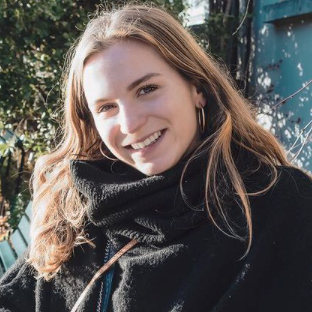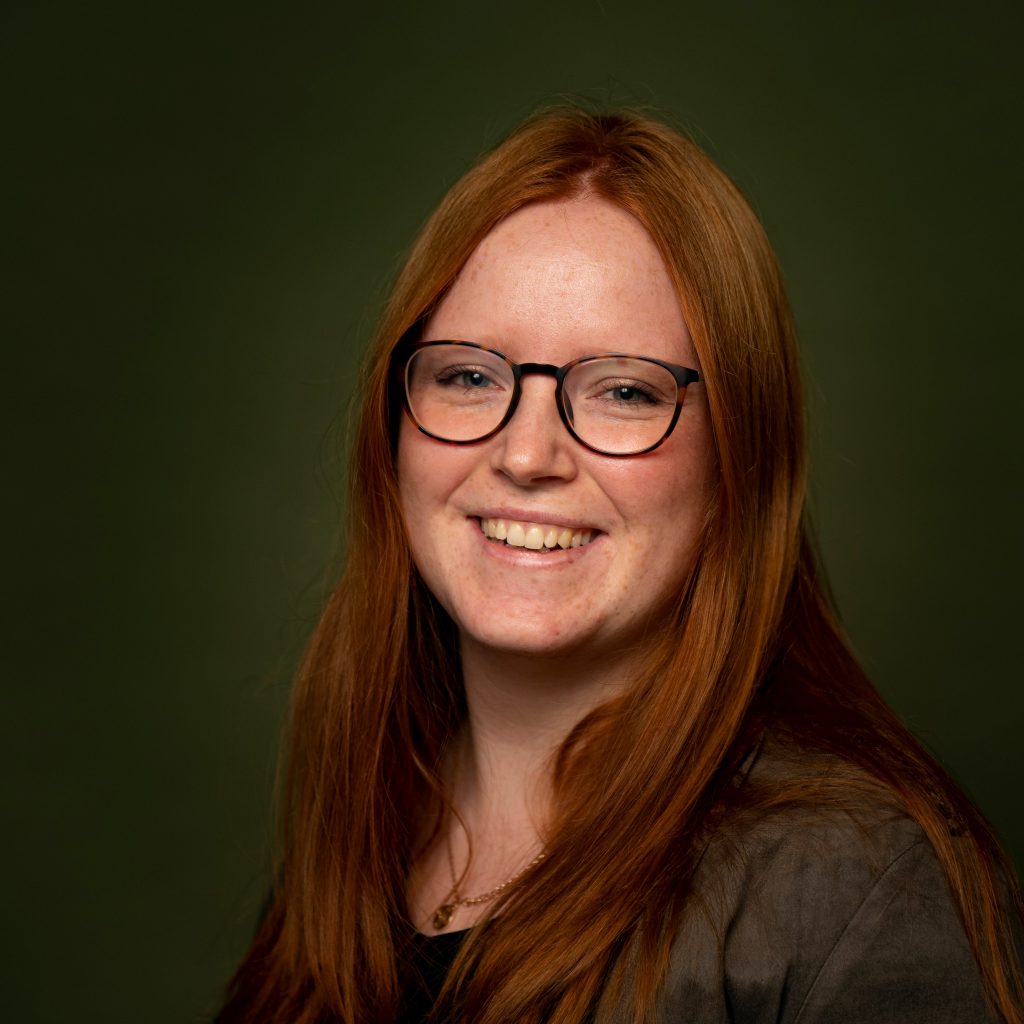Myran Warmerdam
MSc topic: Combining Agent-Based Models with Virtual Reality to collect micro-level behavioural data in a smoke evacuation situation
The main goals of the thesis were to fill the gap in micro-level behavioural data to improve agent-based models and to enhance an ABM with a dynamic environment. A smoke model was implemented into an evacuation model and the behaviour of the agents was changed, so that they could perceive risk and react to these risks. VR experiments were conducted to gather behavioural data and the results were compared to the ABM. In conclusion, VR is a useful way of collecting behavioural data in cases where collecting real-life data is difficult.
Alkiviadis Rentzelos
MSc topic: Exploring a Space-Time Autoregressive Moving Average (STARMA) model in spatial crime forecasting
So far, a variety of methods is used by predictive policing for forecasting crime purposes. Crime is not considered stable in space and most of the popular methods do not take into consideration the parameter of time. The proposed method (spatiotemporal autoregressive moving average – STARMA) is compared with a conventional Kernel Density Estimation and a naïve (baseline) approach. According to the results, all the three methods present important outputs, and each method outperforms for the different examined crime types. The study concludes that the current STARMA model is quite sensitive to the parameters of space and time and further research needs to be conducted to examine under which spatial and temporal resolution these models could exceed the baseline methods.
Roos van Rosmalen
MSc topic: Analysis of multiple classification methods and satellite sensors in order to perform a multi-temporal post-classification change detection analysis in a difficult to map semi-arid savannah landscape.
The study analyses Land Use and Cover Changes (LULC) in the Monduli district in Tanzania from 1985 to 2019, with the use of a post-classification change detection technique. In Monduli several aspects complicate the classification of the landscape with remote sensing, which decreased the reliability of the results of previous studies. Multiple measurements are taken in the study to combat these issues and improve the classifications. This increased the accuracy of four of the twelve images included to at least 74.6%. Consequently, a more reliable prediction of LULC changes in Monduli could be achieved, which demonstrated an increase in agriculture, built environment, barren and water and a decrease in vegetation classes.
Astrid Herwig
MSc topic: Modelling governmental risk perception and coping appraisal during the COVID-19 pandemic in the Netherlands
In the Netherlands, the COVID-19 outbreak started in February 2020. To simulate the diffusion of COVID-19 in the Netherlands, risk perception (likelihood of negative occurrences as perceived by the government) and coping appraisal (the measures the government takes) are used to create a Netlogo model. Based on these two, several interventions scenarios can be evaluated in this model. According to the model restrictions based on the age and the Dutch economy are both more attractive than restrictions based on the Dutch “Route kaart” (Road map). The duration of the restriction period can be shorter and have the same effect as restrictions based on the Route kaart. The model contributes to a better understanding of risk perception and coping appraisal of the Dutch government during a pandemic.
Yuan Chen
MSc topic: Modelling Wastewater Quantity and Quality in Mexico — using an agent-based model
Wastewater is posing serious threats to the environment and public health in Mexico. My thesis represented the change of wastewater quantity and quality over time and space that was caused by human behaviour, at the hourly temporal resolution. Besides, it also showed the role the government played in controlling wastewater quantity and quality to improve the current wastewater situation. Finally, scenario experiments were conducted in the study area to test the optimal place and timing of a water-saving campaign, with the conclusion being that the campaign held at school in March could lead to the maximum effect on reducing household wastewater production.







